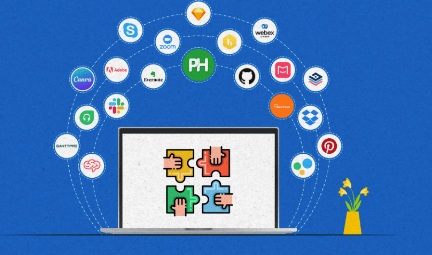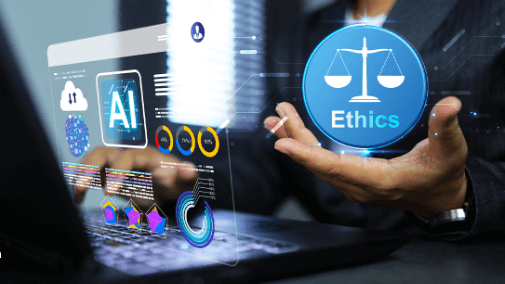Artificial Intelligence in Education: A Game-Changer for Learning
Artificial Intelligence is reshaping the educational landscape in profound ways. Its ability to personalize learning experiences allows students to engage with content that meets their unique needs. Additionally, AI-driven tools enhance teacher efficiency, freeing them to focus on fostering creativity. As real-time feedback becomes a norm, the implications for diverse learning requirements are significant. What remains to be seen is how these advancements will redefine traditional educational practices and their long-term effects on student outcomes.
The Role of AI in Personalizing Learning Experiences
As educational institutions increasingly embrace technology, artificial intelligence emerges as a transformative force in personalizing learning experiences.
By implementing adaptive learning algorithms, AI tailors educational content to individual needs, creating customized pathways for each learner.
This innovative approach not only enhances engagement but also empowers students to take control of their educational journeys, fostering a more liberated and personalized approach to learning.
see also: the pmu donation
Enhancing Teacher Efficiency With Ai-Driven Tools
While educators strive to provide high-quality instruction, AI-driven tools are emerging as essential allies in enhancing teacher efficiency.
These innovative AI tools streamline administrative tasks, bolster lesson planning, and optimize classroom management. By automating data analysis, teachers can focus on nurturing student engagement and improving teacher productivity.
Ultimately, AI empowers educators, granting them the freedom to innovate and inspire in their classrooms.
Real-Time Feedback and Assessment: The AI Advantage
In an era where immediate feedback has become crucial for effective learning, AI technology offers unprecedented capabilities for real-time assessment in educational settings.
By implementing adaptive assessment systems, educators gain instant insights into student performance, allowing for tailored instructional strategies.
This dynamic engagement not only enhances learning outcomes but also empowers students to take charge of their educational journeys, fostering independence and growth.
Bridging the Gap: AI’s Impact on Diverse Learning Needs
Real-time feedback provided by AI not only enhances individual learning experiences but also plays a pivotal role in addressing the diverse needs of students.
Conclusion
In the grand symphony of education, artificial intelligence emerges as a maestro, conducting a transformative overture that harmonizes personalized learning, amplifies teacher efficiency, and illuminates the path to inclusivity. With every algorithmic note, it crafts a vibrant tapestry of knowledge, where students flourish like wildflowers in a sunlit meadow, and teachers soar, unburdened by administrative chains. As this technological revolution unfolds, the classroom metamorphoses into a boundless realm of creativity and innovation, forever reshaping the future of learning.





